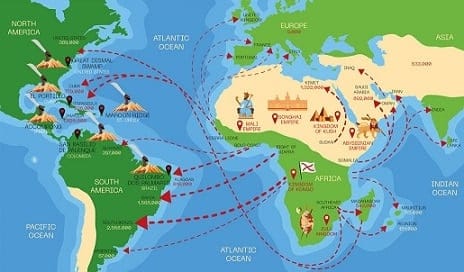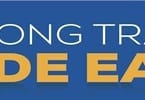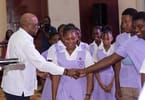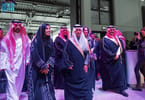Constitutional reform, or constitutional amendment, refers to changing the fundamental legal framework that governs a nation, typically outlined in its constitution. This can involve adding, removing, or modifying specific provisions to adapt to societal, political, or legal changes over time.
Several decades ago, the governments in Guyana and Trinidad and Tobago expressed their intentions to consider fundamental amendments to their respective constitutions. Those intentions have materialized now, with both governments appointing advisory committees to take action on that long-awaited promise. Some of the issues to be considered are the roles of the presidency and the Judiciary, as well as the death penalty, proportional representation, and other aspects of the system of governance.
In Trinidad and Tobago, the Prime Minister has mandated members of an advisory committee to collect views from the public on constitutional reform and make recommendations.
In multi-ethnic democracies in the Indian Diaspora, constitutional reform takes on added complexity due to the diverse racial, cultural, and religious nature of the societies. It often involves navigating intricate power dynamics among different ethnic groups to ensure equitable representation that aims to foster diversity, equality, and inclusion, as well as to address certain historical injustices.
The following are excerpts from an Indo-Caribbean Cultural Centre (ICC) Thought Leaders’ Forum held on Sunday, March 31st, 2024. Shakira Mohommed, from Trinidad, chaired the program, which Shalima Mohammed moderated.
Four (4) speakers were present. The topic was “Constitutional Reform in Multi-ethnic Democracies in the Indian Diaspora.”
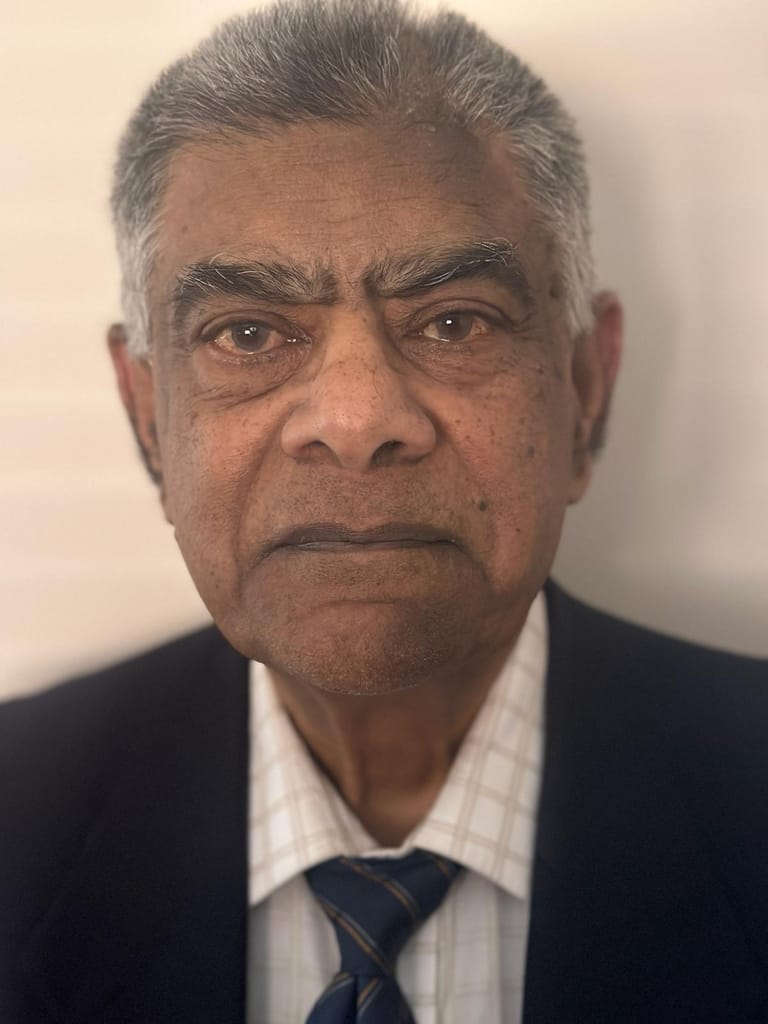
JAY NAIR (Canada/ South Africa) said: “From my experience, I advise you to become involved, get involved, and make your voices heard. If you don’t do that, then don’t complain when the government comes in and does wrong things because then it’ll be too late. Be there first and ask for the Amendments.”
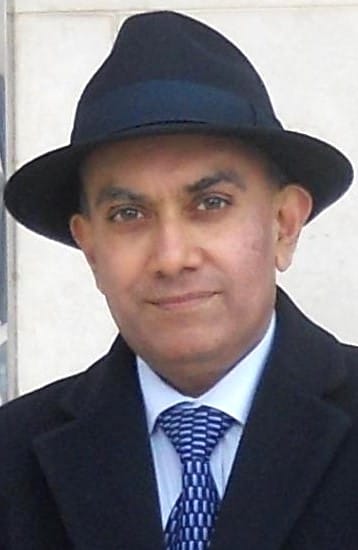
DR. VENKAT IYER (England/ India) said: “You might also talk about whether you want a unicameral or a bicameral system, whether you want a written or unwritten Constitution, and if you do have a written Constitution, should it be rigid or should it be flexible? A more fundamental question that is sometimes posed is whether you should follow civil law or common law. Now, of course, most of the diaspora countries follow common law due to their British heritage, and so a further debate sometimes is one about whether or not the system should have a monist or dualist character in terms of acceptance of international law.”
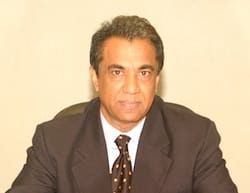
DR. KUSHA HARAKSINGH (Trinidad) said: “There is the issue of who implements but does not who makes the law, and who interprets the law. Here, we have a major problem with our constitutions, because the implementers are people who might be appointed by the government in power and might have their views about how the implementation is to take place. More importantly, where diasporic Indians are concerned, the implementation [of a constitution], which might sometimes seem well-meaning, might have a differential impact on the Indian community.
The challenges posed by the scattering of peoples and the need to determine how the state’s resources must be distributed are important concerns for the Indian community itself. The challenges posed by the scattering were important because it did one thing: it showed them the possibilities of the diaspora as a liberator and to be able, therefore, to discard certain elements of their heritage and to choose others, and indeed some have been discarded.
For example, the most fundamental views about the treatment of women, or the most fundamental views about caste; these have been jettisoned, and what has been embraced, and should continue to be embraced, are the virtues of the diaspora as liberators. This way, new things are possible, new frontiers are available to be crossed, and just how much will be crossed will of course be seen in the expanse of time.”
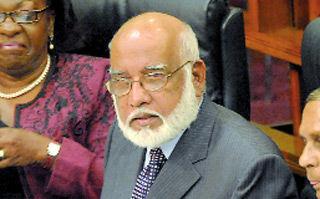
NIZAM MOHAMMED (Trinidad) said: “The regrettable thing about this whole situation is that the population in general – I know that the man in the street – cannot write a constitution. It requires people with the technical knowledge for drafting and doing up such a document, but we seem to be unable … as countries that have come out of colonialism and are independent … we seem incapable of understanding the importance of a fundamental document such as a constitution, and that is something that bothers me quite a lot.
It is something that I think that we should address, that is to say, what do we do to get our people interested in the business of governance and the matters that allow for the reinforcement of democratic practices and democratic principles.”
WHAT TO TAKE AWAY FROM THIS ARTICLE:
- It requires people with the technical knowledge for drafting and doing up such a document, but we seem to be unable … as countries that have come out of colonialism and are independent … we seem incapable of understanding the importance of a fundamental document such as a constitution, and that is something that bothers me quite a lot.
- Now, of course, most of the diaspora countries follow common law due to their British heritage, and so a further debate sometimes is one about whether or not the system should have a monist or dualist character in terms of acceptance of international law.
- it showed them the possibilities of the diaspora as a liberator and to be able, therefore, to discard certain elements of their heritage and to choose others, and indeed some have been discarded.


